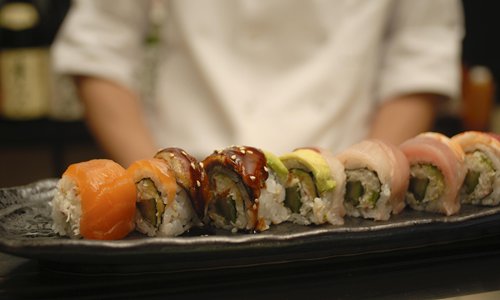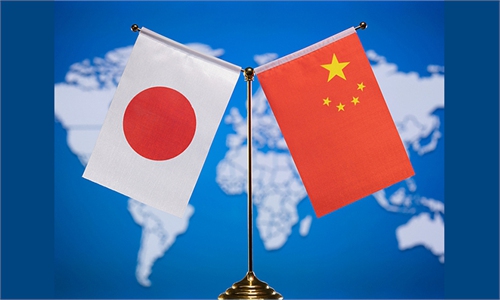Chinese food lovers have ‘last safe meal’ at Japanese restaurants after Japan’s nuclear-contaminated wastewater dump

File Photo: IC
As Japan started dumping nuclear-contaminated wastewater from crippled Fukushima Daiichi nuclear power plant into the ocean, China issued a ban on imported Japanese aquatic products on Thursday, and a large number of Chinese food lovers rushed for a "last safe meal" in Japanese restaurants.
According to a report by Chinese media outlet yicai.com, the number of orders for some kinds of food saw a twofold increase on Thursday evening. A Beijing-based white-collar worker surnamed Chi told the Global Times on Thursday that he wanted to have dinner in a Japanese restaurant this evening.
"I'm worried the nuclear-contaminated wastewater may affect my health via imported aquatic products, so I decided to have a 'last' safe Japanese meal in case I can't find unpolluted Japanese aquatic products in the future," he said.
The Global Times also noticed that some Japanese restaurants said they would pause imports of fish from Japan and shift to other sources.
A Japanese restaurant operating in Beijing and Shanghai named Qing Yun announced on Thursday via social media that in order to ease customers' concerns, it had suspended purchases of aquatic products from Japan.
Fan Xubing, an aquatic industry insider and analyst, told the Global Times on Thursday that Japan ranked 9th among global aquatic products exporters to China. "The import ban will have relatively little impact on China's general aquatic products supply, but it will be difficult for find substitutes in the short term for some specific categories such as fine scallops," he noted.
Japan exported 87.1 billion yen ($600 million) worth of seafood to the Chinese mainland in 2022, which was one-fifth of its total seafood exports, according to media reports citing official Japanese data.
In July alone, China imported 234.51 million yuan ($32.24 million) worth of Japanese aquatic products, down 29 percent year-on-year, according to Chinese customs data. The ban on Thursday means all such exports have now been shut down.
Global Times



